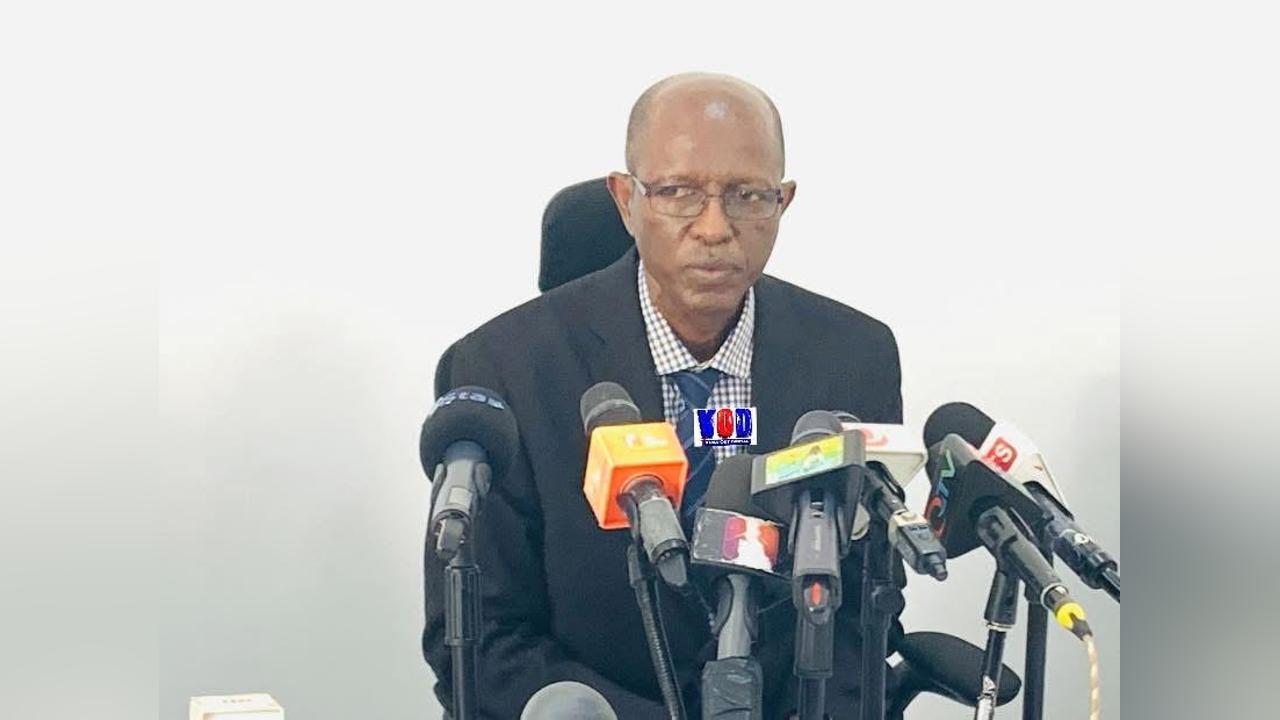Africa-Press – Gambia. The Managing Director of the National Water and Electricity Company (NAWEC), Galloh Saidy, has outlined the major challenges confronting the company during a recent interview on Coffee Time with Peter Gomez.
Saidy cited vandalism, foreign exchange volatility, capacity development, and increasing demand for services as the most pressing issues affecting NAWEC’s operations.
He expressed concern about the rising cases of vandalism targeting NAWEC’s infrastructure, noting that repairs consume substantial resources that could otherwise be directed to critical projects.
On foreign exchange fluctuations, Saidy explained that about 80 percent of NAWEC’s procurements are denominated in foreign currency. The depreciation of the dalasi, he said, creates a widening gap between costs and the company’s stagnant tariffs.
“Whatever we are buying, nearly close to 80% of our procurements are foreign exchange. So if the Dalasi is depreciating against that foreign exchange. And your tariff, your selling price, is stagnant. It means there’s a gap creation, and that is continuous. So that’s a big challenge too. So, increasing forex gap is a big challenge. And the tariff is at one point,” Saidy stressed, adding that government support has been critical to bridging the gap.
“Otherwise, we have to increase tariffs. So that it reflects the cost of sales, but I think we are doing well,” he noted.
The NAWEC boss also emphasized the need to strengthen capacity building within the company, pointing out that practical, hands-on training is essential in complementing academic qualifications. “The young ones that are coming up, we need to make sure that people are well trained,” he said.
Saidy further highlighted the growing demand for electricity and water across the country, stressing that NAWEC must not only meet but also stay ahead of demand. “And we have to catch up and actually grow ahead of demand. If not, we will always be here talking about outages, transformer overloads, and lack of water,” he warned.
To address this, he revealed that NAWEC is developing long-term plans spanning 10 to 30 years to ensure infrastructure expansion keeps pace with population and economic growth. “If you look at the Greater Banjul Area now, it’s basically saturated. The systems that are there, the infrastructure that is there right now, most of that was not designed for what is there now. So you have those challenges,” he explained.
Despite these hurdles, Saidy expressed optimism, pointing to ongoing projects aimed at modernizing NAWEC’s infrastructure and strengthening its capacity to deliver reliable services to Gambians.
For More News And Analysis About Gambia Follow Africa-Press






